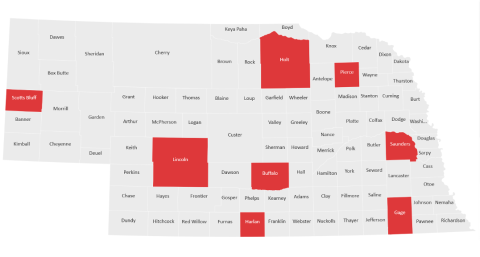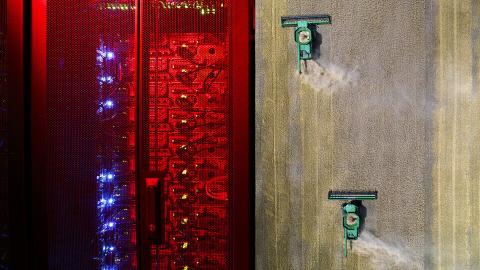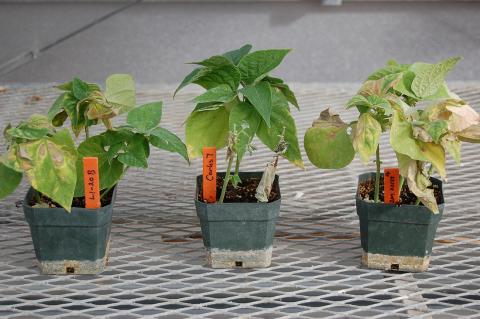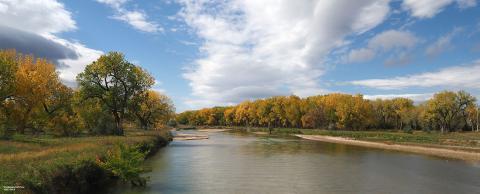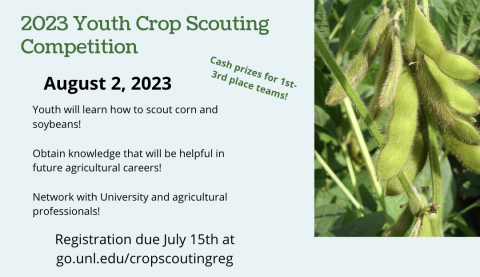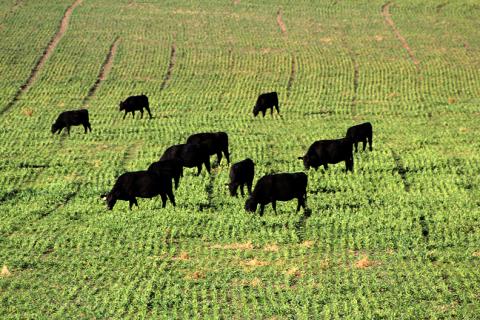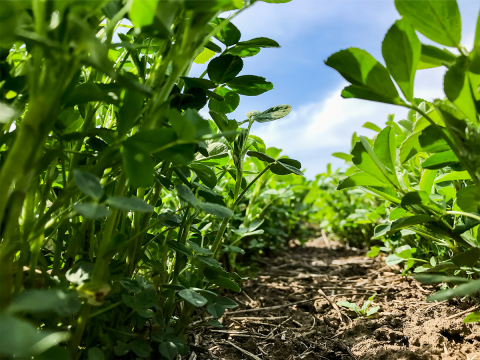Case Farms for Farm-level Income and Policy Analysis in Nebraska
May 5, 2023
Throughout this initiative, a panel of Nebraska producers in eight counties will provide input to help build case farms across the state that accurately reflect local ag production.
Extension Offering QPR Crisis Recognition Training
May 5, 2023
The 90-minute training session will be held online via Zoom and is free to attend.
University to Host May 10-12 Conference on Creating National Ag Data Network
May 4, 2023
Throughout the conference, leaders from USDA, the Ag Data Coalition, Bayer Crop Science and numerous other industry organizations will discuss and hone ideas for creating a network of national ag data repositories.
Identifying and Characterizing Bacterial Isolates from the Stratosphere
May 4, 2023
Panhandle researchers were recently awarded USDA specialty crop block grants to study new copper alternative chemical products on fungal and bacterial diseases of dry beans, cowpeas, chickpeas and dry peas.
Major Nebraska Rivers and Their Drainages: Part 2
May 4, 2023
Part 2 of the Nebraska Rivers series focuses on the Elkhorn and Missouri rivers and their impacts in Nebraska.
10th Annual Youth Crop Scouting Competition Registration Open
May 4, 2023
The Aug. 2 competition will feature events on crop staging, patterns of crop injury, disease, insect and weed seedling identification, pesticide safety, nutrient disorders and herbicide injury.
Winter Wheat May Have More Value as Forage Than Taking It to Grain
May 4, 2023
Due to current cattle market conditions, and the price and availability of hay, Nebraska Extension Educator Aaron Berger evaluates the value of grazing or haying winter wheat this year.
Pasture and Forage Minute: Alfalfa Weevil, Weed Control and Summer Pasture Turn-out
May 4, 2023
This week — Controlling alfalfa weeds with post-emergent herbicides, scouting for alfalfa weevil, and planning the date and pastures for spring turn-out.


